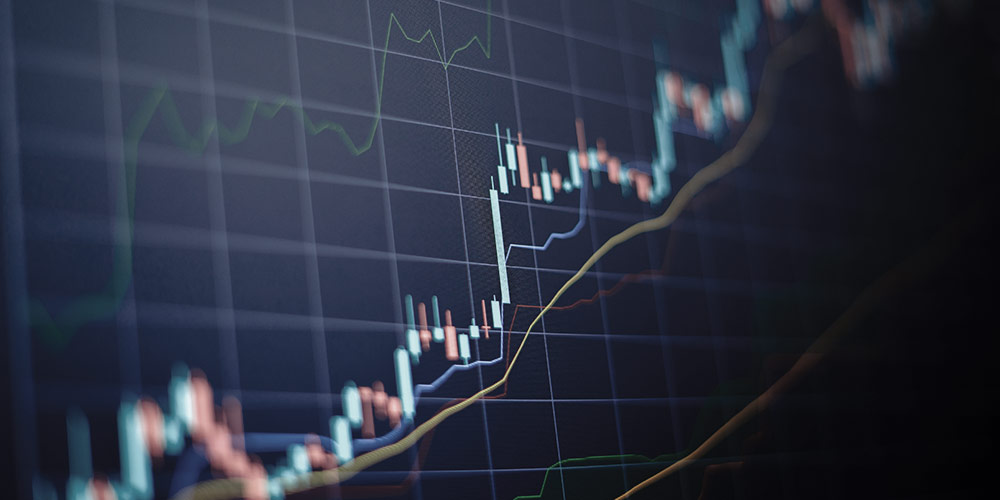David Booth, Executive Chairman and Founder
One of the best things about markets is that they don’t have memories. They don’t remember what happened last week or last year. They don’t even remember what happened a minute ago. Prices change based on what’s happening right now and what people think will happen in the future.
People have memories. Markets don’t. And that’s a good thing.
So as you start 2023, take a lesson from the market. Don’t begin this new year bogged down by what happened last year. Give yourself the opportunity to start fresh.
Every day in publicly traded financial markets, buyers and sellers negotiate prices for every stock and bond. To agree, they have to find a price that they both think is a good deal. This happens over and over, millions of times a day. Then it starts all over again the next day. Unlike people, markets don’t think about the past. It’s about today and expectations for the future.
Markets must be forward-looking to set prices that entice buyers to buy. But prices can’t be too low or sellers won’t sell. Every piece of available information feeds into the decision-making process so everyone involved can agree on the price for a particular security at a particular moment.
Markets are smarter and faster than you and me. While you’ve been reading this, markets have probably factored in thousands of pieces of new information and adjusted the prices of thousands of different company securities.
That’s good news. Markets do the work so you don’t have to. You don’t need to believe in magic or be able to predict the future to have a good investment experience. Some people might think I’m giving the market too much credit. But over more than 50 years in finance I’ve come to realize that I’m just being realistic. Someone described it to me as “science-based hope.”
Start the new year off with a clean slate—
just like markets do every day.
Academic research gives us insights into investing. Over the past century, markets have returned on average about 10% a year, although almost never that amount in any given year.1 And the annualized inflation-adjusted return on US stocks is 7.3% going back to 1926.2 Because of big swings year to year, trying to time markets is a losing game. So don’t try to outguess markets—go with them. Come up with a plan, take no more risk than you can tolerate, and go spend some time with your loved ones.
Investing has inherent risks. And no matter what anyone tells you, there are no guarantees. But if you don’t have enough cash to live off for the rest of your life, what choice do you have but to invest? Control what you can control so you can set yourself up for success, and then give yourself some grace. Judge yourself by the quality of your decisions and not by their outcomes. There are so many factors outside your control that can impact investment returns.
I believe one of the worst things investors can do is to impose their memory on their view of markets. Because then they might “see” patterns that aren’t there and make choices that aren’t based on research or evidence.
It can feel daunting to develop an investment plan you can stick with and determine the level of risk that’s right for you. But few things are more important than how you invest your life savings. That’s why most people would probably benefit from a financial advisor to help them talk it all out.
When it comes to investing, the key is not to try to outsmart the market, but to understand how it works and use that knowledge to your advantage. The market is a great information processing machine. It runs on human ingenuity, which is why returns tend to grow over time as people work to innovate and improve the value of the companies they work for.
So start the new year off with a clean slate—just like markets do every day.




